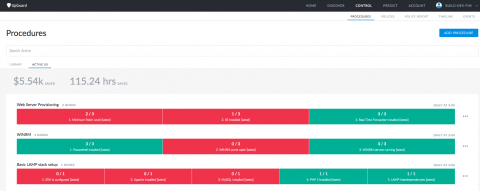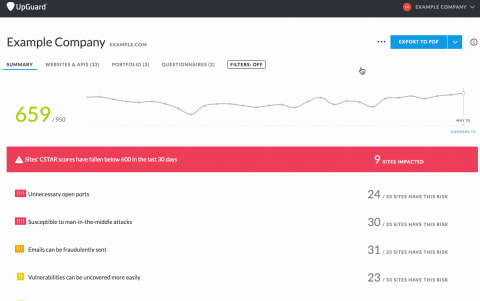Systema Systems' Data Exposure and Cloud Security For The Insurance Industry
The insurance industry has been consistently targeted for cyber attacks as of late, for good reason: sensitive data is at the heart of every process—from handling health insurance claims to archiving medical histories. And because medical records are worth ten times more than credit card information on the black market, firms handling said data are required to take extra precautions in bolstering information security.









